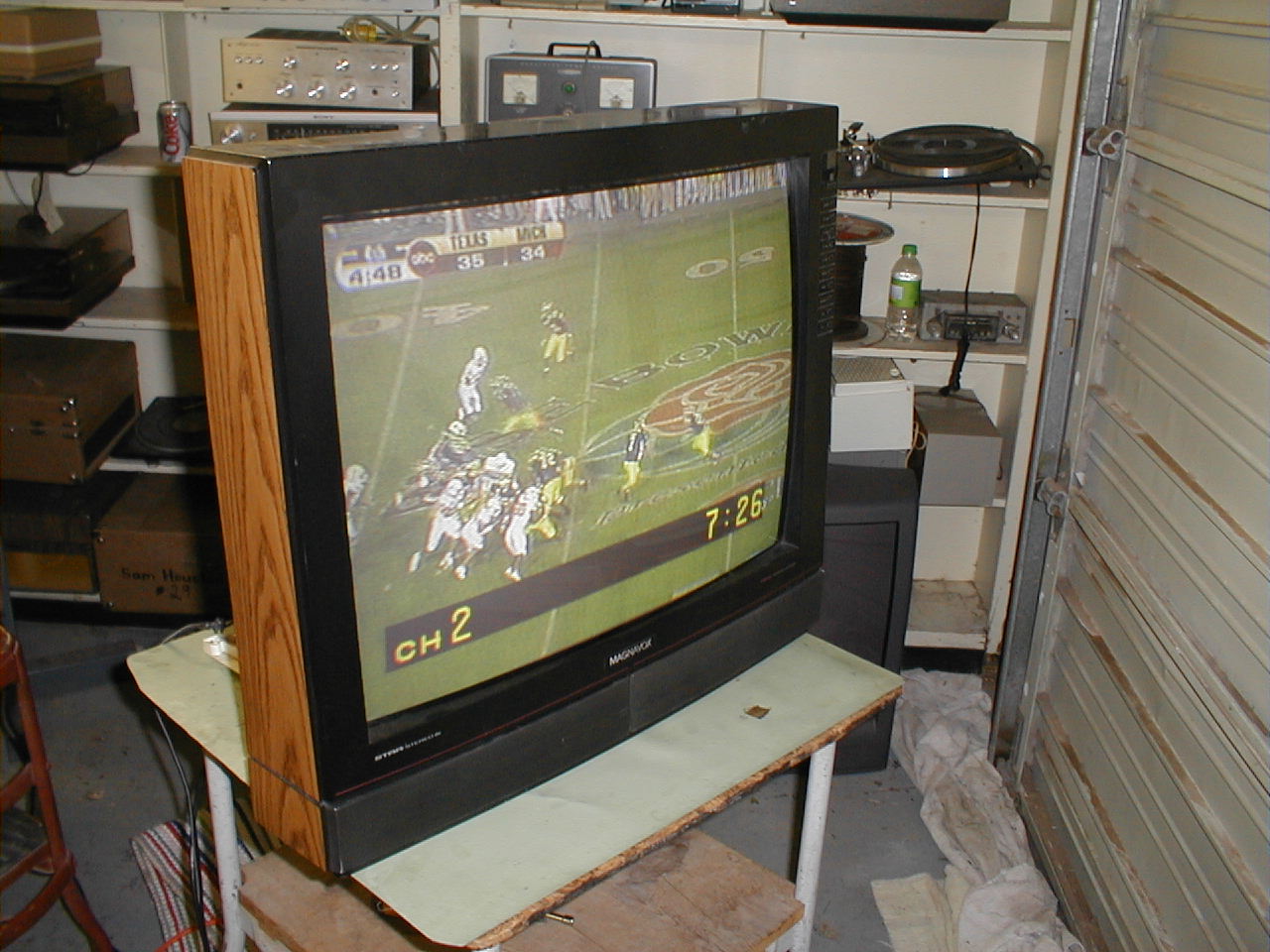A home theater system is always a smart investment that enhances the value of your property – it’s also a way to experience cinematic-quality entertainment right from the comfort of your own home. (No more Cokes that set you back 7 dollars!) However, a home theater is only as good as how it is planned and installed.
As a home theater owner, you want to avoid the 9 most common mistakes that frustrate and spoil your enjoyment.
Buying speakers in a rush: Sound quality is as crucial as video in the enjoyment of the home theater experience. So research what you want to buy before you actually buy; make careful judgments on the speaker/audio components you have in mind; and ask yourself all the important questions while you plan. (Are you going wireless? Are the speakers going to be placed on a stand or mounted on a wall?) When you’re ready to shop, be sure to visit several stores and test the speakers, ideally with the same set of recordings or sounds that you’re familiar with. Whatever happens, don’t rush into making a purchase – and don’t let the saleslady at the showroom pressure you into buying.
Believing that bigger is always better: Shopping for a plasma or LCD TV? Don’t make the same mistakes as others do, such as automatically opting for the largest screen you can fit in a wall. While the size of your home theater screen is a matter of personal preference – and room size – always take into consideration things like resolution, optimum viewing distance, efficiency, and other such factors.
Dumping the user manuals into the trash can: These documents accompany your home appliances and components for a reason. The reason: they’re there to be read. No matter how easy it looks to put everything together, it’s always the smartest move to consult the manufacturer’s instructions first (ideally before you ever take anything else out of the box) and familiarize yourself with the functions, features, and tips on making the system or component work.
Not soundproofing the room: A number of home theater owners completely ignore the surroundings that affect sound quality. Our tip: don’t. After all, you want to keep on good terms with your neighbors (not everyone will enjoy your audio), and you want to watch your favorite action movies without getting frustrated by terrible acoustics.
Not allowing future expansion for the receiver: Receivers change all the time, especially since you have to allow for new advancements, technologies, and components like, say, your iPhone, your iPad, your laptop, the PlayStation, HDMI-enabled gadgets, etc. So invest in the best receiver you can find and recognize that, down the road, you’ll soon be adding new components to your home theater which your receiver should be able to accommodate.
Thinking that darker isn’t better: Some assume that all lighting conditions are appropriate for a home theater; that’s not true. Save yourself some trouble by avoiding installation of your TVs opposite windows, or doors that, once opened, bathe you in light. Use curtains if you have to and remember, especially if you’re using a projector, that darker rooms are better.
Doing-it-yourself: It’s fine to do the little things yourself (like cleaning and maintenance), but professional installer help is irreplaceable. Not only does this save you more time and money in the long run; it also keeps your home theater in good condition, all while you learn the best practices and soundest advice in home theater installation.
Messing up the cables: The more you buy, the more cables you have. Don’t let yourself create a nest of snakes behind your plasma TV: keep track of each and every connection, organize cables and keep them as organized as possible, and color-code them if you have to.
Buying by price, or by brand name: Don’t succumb to the temptations that others have fallen into, such as deciding your purchases based on the too-good-to-be-true price tag or the prestige of the brand name. Remember: a home theater is an investment, one that should be made as smartly as possible.



Good post on home theater mistakes. Thanks for offering the tip to always keep user manuals for each component you purchase for your home theater system.